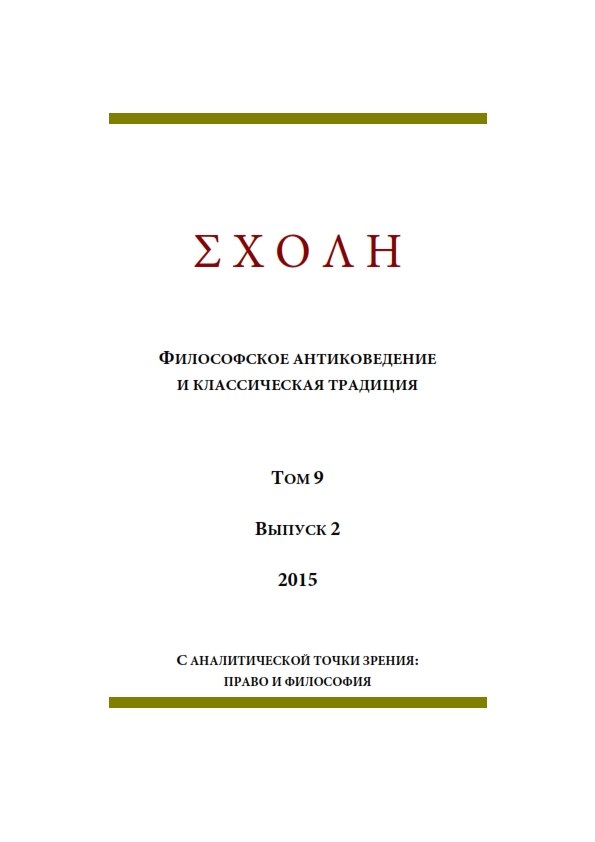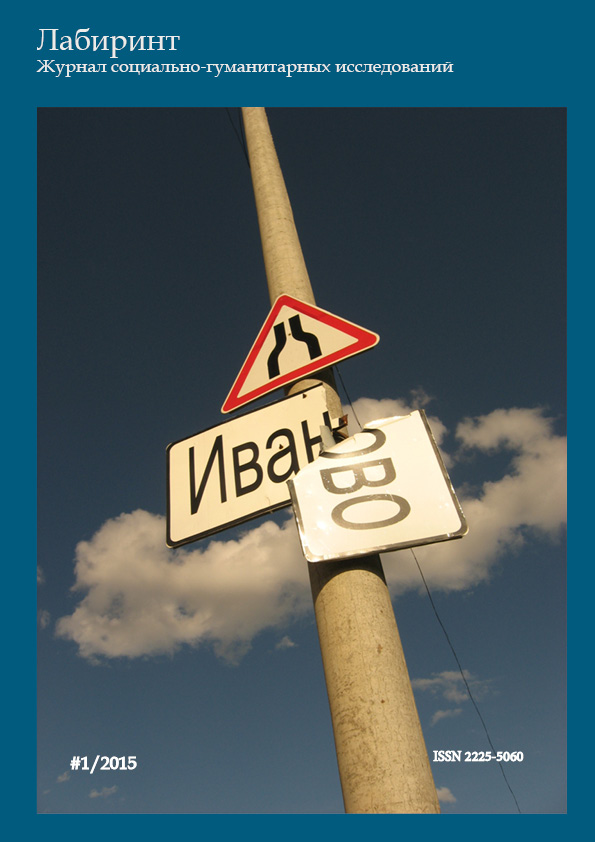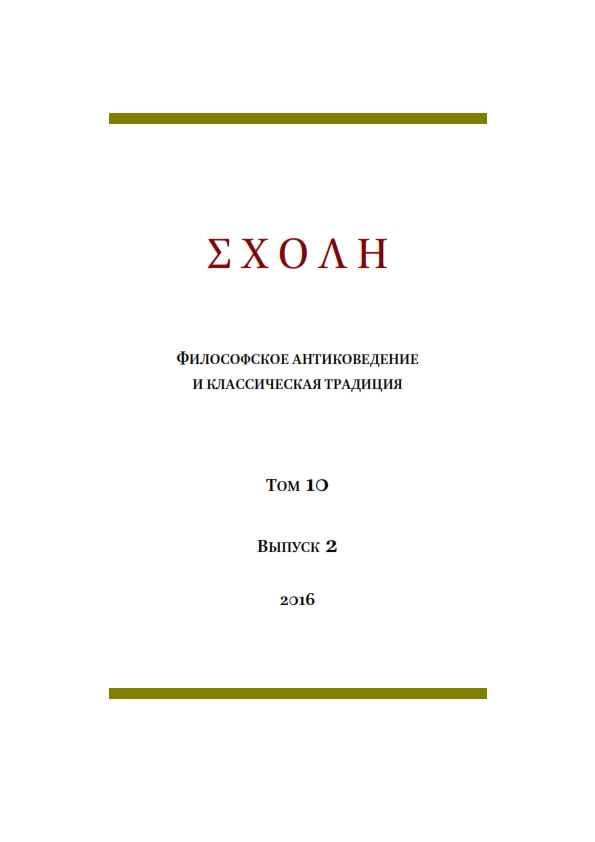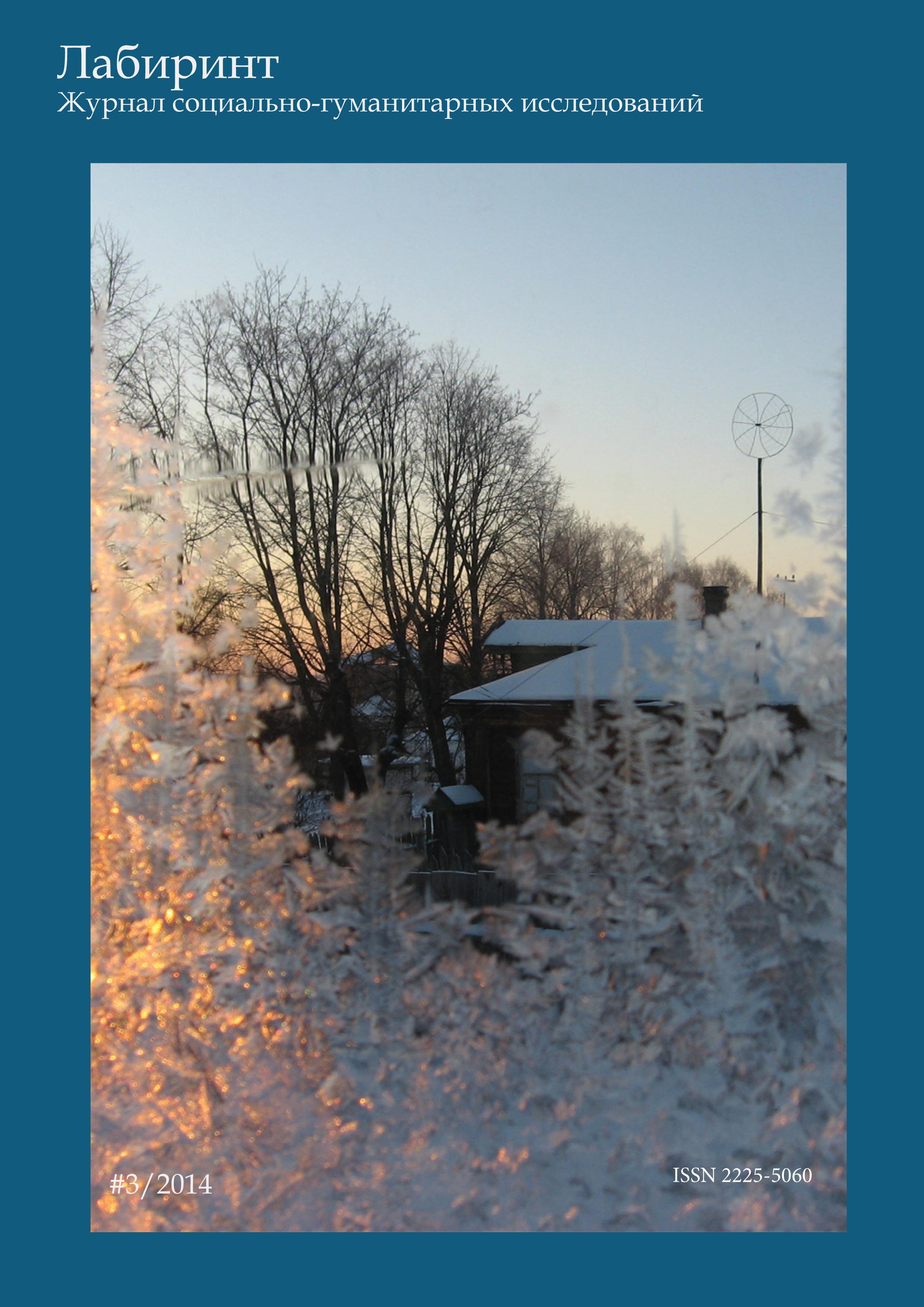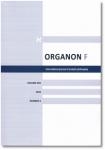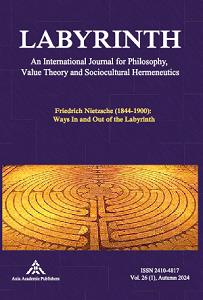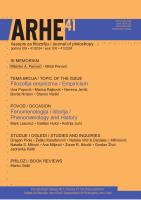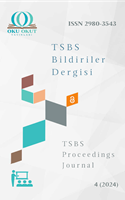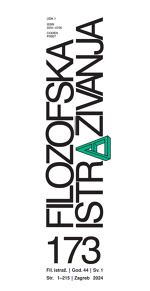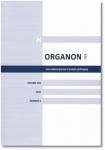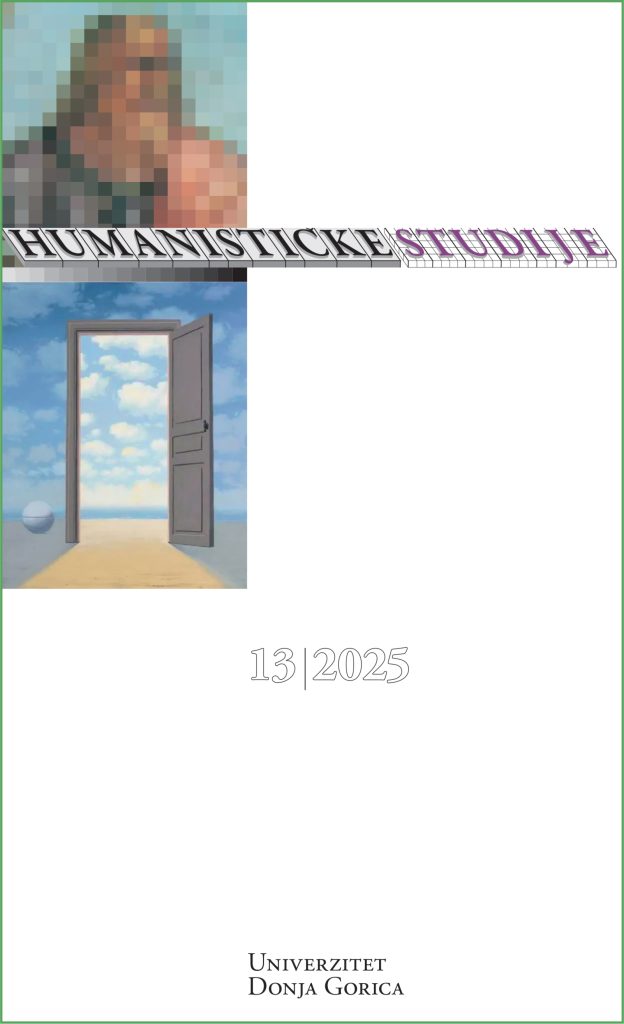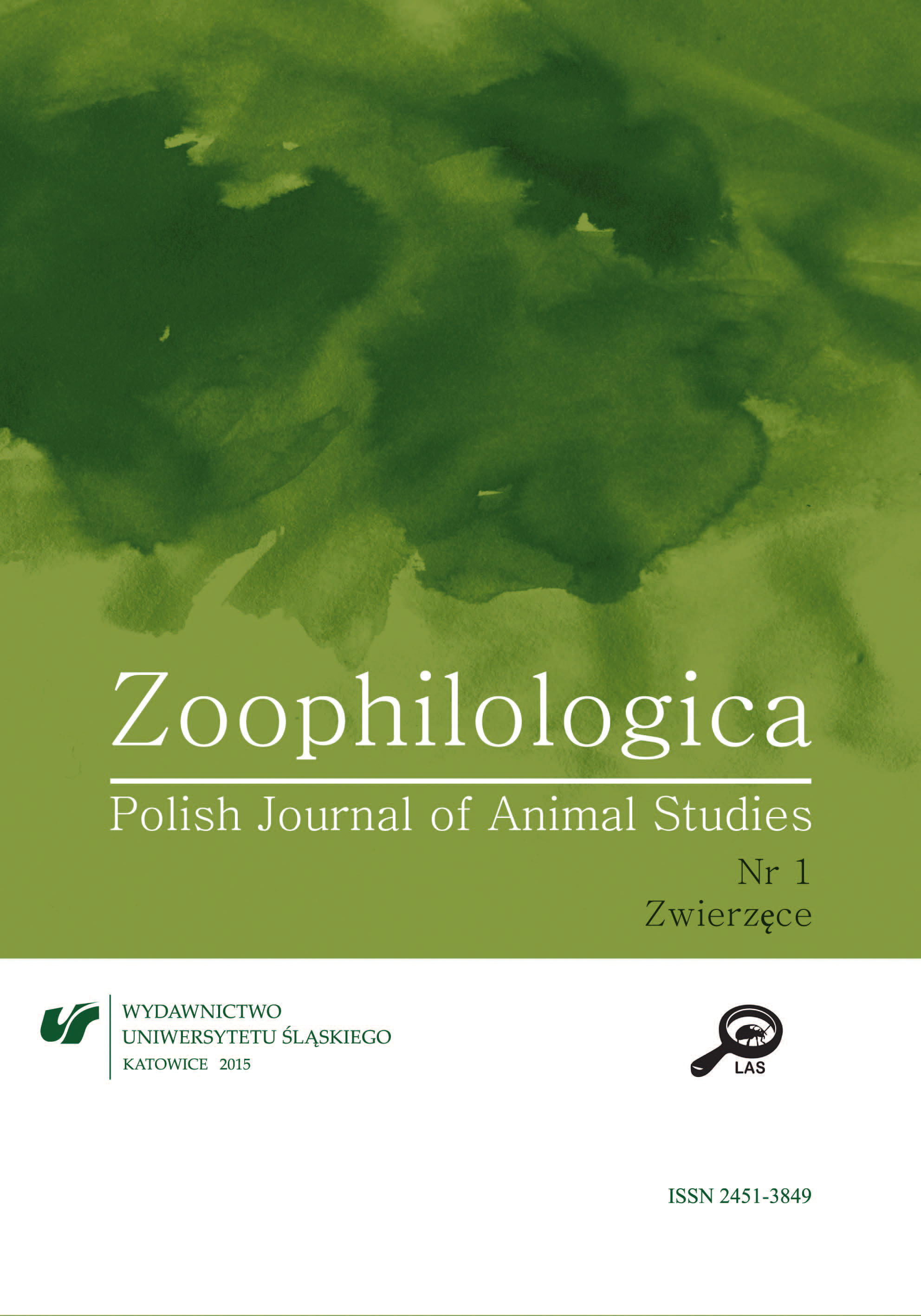
Placing the Work of Timothy Morton Within Material Ecocriticism
The following article has been based on four monographs as well as two anthologies of texts written after 2007. According to the author, Timothy Morton constitutes a model example of a theorist and a stylist working in the recently established field of material ecocriticism. The essay begins with a short diagram which illustrates various influences on the discipline, from philosophers to literary critics. Bruno Latour, as a theorist who continuously emphasizes the self-agency of non-human subjects (animals, objects), dominates the vertical dimension of the diagram. The horizontal dimension of the diagram, on the other hand, introduces categories which oscillate between animal studies and object-oriented ontology. Morton, in turn, devoted considerable attention to the task of defining the relations between man and animal; however, his latest monographs and essay situate him within the sphere of the object school. The author, then, formulates three questions regarding the role of narration, figurative language and scientific fact in ecocriticism. In turn, those questions, resulting from the study of Morton’s texts, remain pivotal for animal studies as well.
More...
